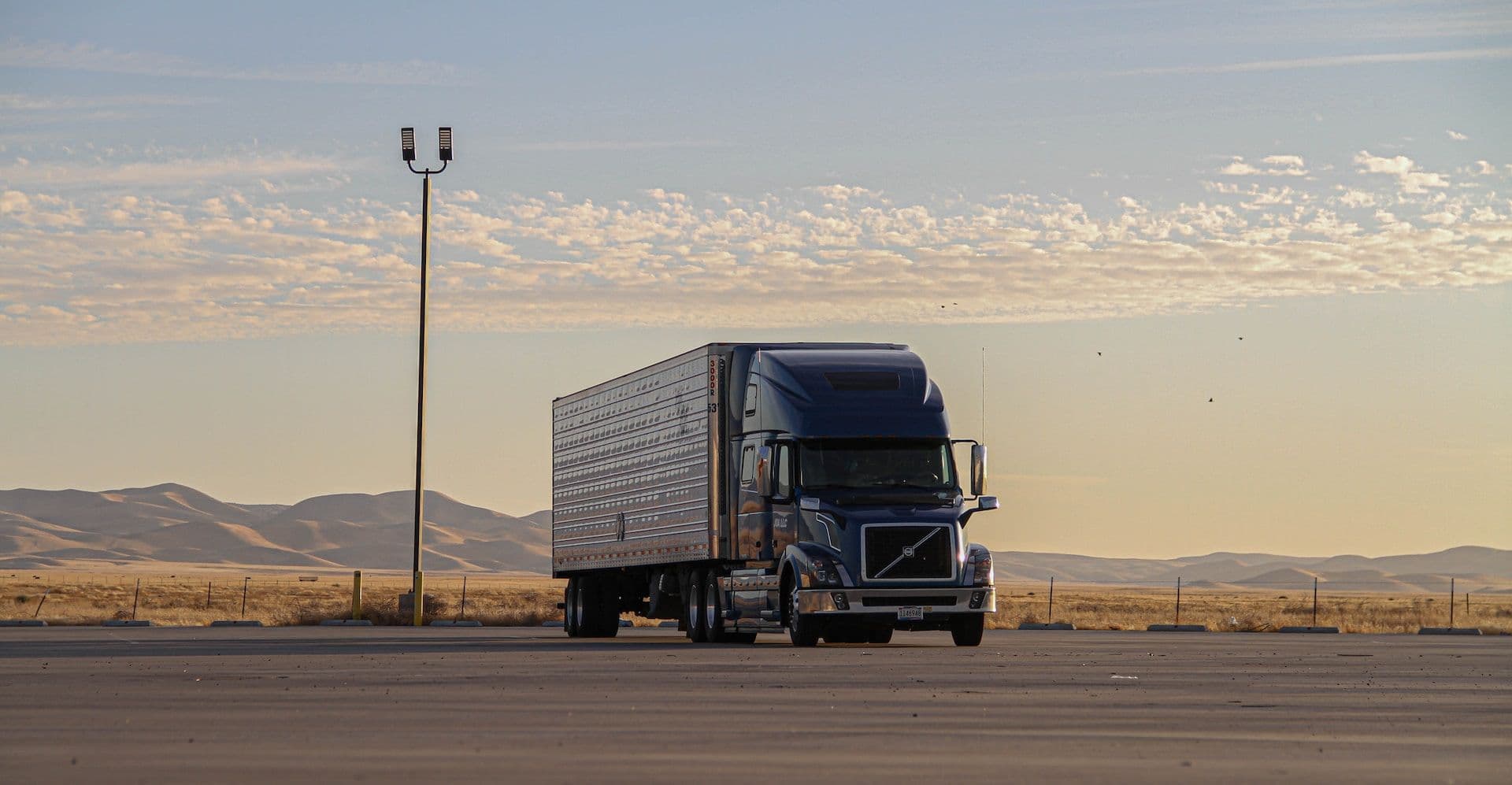WestJet Winds Down Freighter Operations as Cargo VP Bids Farewell
The end of the road is near for freighter operations at WestJet as the cargo division faces significant changes. Cargo boss Kirsten de Bruijn has tendered her resignation, and the Canadian airline plans to wind down remaining freighter operations, shifting its strategy to better align with market demands.
WestJet’s attempt at running a dedicated all-cargo airline alongside its main passenger service was brief, highlighting the difficulties of the Canadian airfreight market. The ephemeral spike in airfreight demand during the COVID-19 crisis prompted WestJet's initial foray into cargo, a move now being reevaluated under the leadership of CEO Alexis von Hoensbroech.
Strategic Reshuffling
Earlier this month, WestJet's CEO announced via LinkedIn that Kirsten de Bruijn, Executive Vice President - Cargo, would be departing in June. De Bruijn, recruited from Qatar Airways, was instrumental in establishing WestJet's cargo operations. However, with a strategic pivot, WestJet has decided to discontinue freighter operations as part of their core strategy.
WestJet will remain operational on two charter routes for the interim as they determine the fate of their four leased Boeing 737-800 converted freighters.
"WestJet Cargo has reassessed its strategy regarding the dedicated cargo freighter operation and has made the decision to not continue the freighter operations as part of WestJet Group’s core strategy," de Bruijn shared.
Market Challenges and Missed Opportunities
Last year, it became apparent that WestJet's freighter business was struggling. FreightWaves first reported that WestJet had halted its scheduled freighter services due to weak sales, storing two of its cargo jets while operating the others on limited contracts.
A delay in Transport Canada's certification for converting passenger planes into freighters further impacted WestJet's plans. This delay resulted from heightened safety concerns surrounding Boeing aircraft following incidents and production quality issues, setting back WestJet's launch until April 2023, well past the peak of the air cargo boom.
Redefining the Path Forward
WestJet's cargo strategy initially targeted a network of frequent shuttles across Canada, Mexico, Los Angeles, and Miami. They identified a niche between express delivery and international freight services, influenced by surging pandemic e-commerce demand.
However, experts indicated that narrowbody freighters, optimal for time-sensitive deliveries, were not ideally suited for WestJet's ambitions. Competing against established players like Cargojet and Air Canada proved challenging. Both companies operate larger Boeing 767 aircraft, deemed more efficient for regional operations.
Efforts to staff WestJet Cargo with skilled personnel and collaborations with logistics providers did not reverse its fortunes. Attempts to pivot the business toward aircraft and crew rentals also struggled to gain momentum.
"WestJet is exploring various opportunities for these aircraft and no final decision has been taken on the ultimate solution or cessation of operations," de Bruijn stated.
The market's saturation with narrowbody freighters leaves WestJet with limited options, mostly revolving around returning them to lessors or subleasing. Selling them outright would likely require significant discounts.
Continued Cargo Management
While their dedicated cargo flights may be approaching sunset, WestJet’s cargo division continues facilitating shipments on passenger aircraft. Their recent capacity agreement with Virgin Atlantic illustrates a pivot toward more logistics-oriented operations from Toronto to London.
As WestJet evaluates its cargo fleet, broader trends in the industry show several smaller airlines disbanding their freighter operations due to contracting demand, including Slovakia-based AirExplore and SmartLynx Airlines.
FreightWaves initially reported about de Bruijn's departure, offering a deeper look into the strategic shifts at WestJet.
For more insights on this topic, visit our Shop, Register, and Help Center pages.

